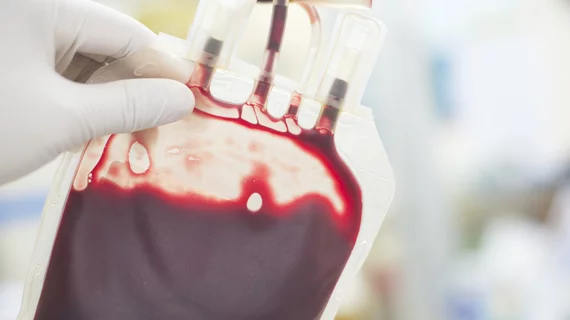Bacterial enzyme converts type A blood to universal type O
After years of limited success, researchers have found a way to convert type A blood cells into the more universal type O by leveraging human gut bacteria, according to a report in the magazine Science.
Type O blood is considered universal because it lacks certain antigens that would otherwise cause a person’s immune system to reject blood cells of a different type. It’s often considered in high demand and short supply, so if scientists were able to strip type A cells of their defining sugars, effectively neutralizing them, that blood could be transfused between bodies without the risk of rejection or serious complications.
By analyzing the DNA in a human stool sample, researchers at the University of British Columbia in Vancouver, Canada, found enzymes derived from a gut bacterium called Flavonifractor plautii were capable of scrubbing type A cells’ A-defining sugars, redefining the blood as type O.
“This is a first, and if these data can be replicated, it is certainly a major advance,” Harvey Klein, a blood transfusion expert who wasn’t involved in the study, told Science.
According to the researchers, since type A blood makes up just under one-third of the supply in the U.S., this innovation could nearly double the availability of universal donor blood.
Read the full story below:

